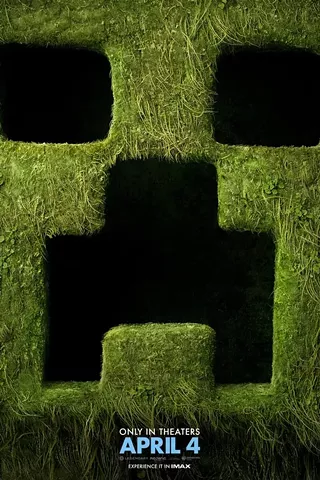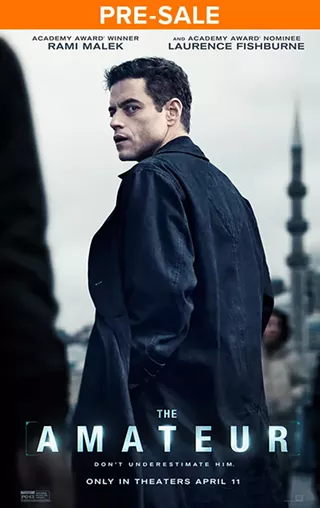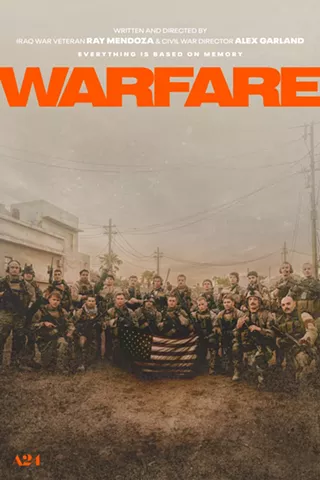Biblical allusiveness is not Magnolia's only charm, though: this third film from writer/director Paul Thomas Anderson stands up to the formidable challenge of surpassing his previous efforts (Boogie Nights, Hard Eight) in quality and ambition. In fact, as Magnolia was "officially" released in 1999, it's a serious contender for Best Movie of The Year Which Does Not Feature Jar Jar Binks.
One of Boogie Nights' most remarkable features was its ability to tell a story that took place over 10 years' time and yet still provide strong motivation and development for its dozen characters. Magnolia tackles the opposite problem: it all occurs in one day, and over an hour of the film occurs in "real time," but it still manages to pack in the pertinent back story for a plethora of characters without ever resorting to awkward exposition.
Basically, Magnolia is a collection of somewhere between five and 10 (depending on how you count them) distinct stories that all reach emotional climaxes during the time it takes for the game show What Do Kids Know to air.
The host of the show, Jimmy Gator, goes to his daughter's house to tell her he has cancer. This causes local policeman Jim Kuring to be called in due to the screaming fight that ensues. While on his way home, Kuring encounters "Quiz Kid" Donnie Smith, a grown-up wunderkind manqué, as he breaks into an electronics store. Meanwhile, the show's producer Earl Partridge lies dying as his son, Frank "T.J." Mackey leads one of his popular seminars on how to be a male chauvinist pig. As these stories intersect and overlap, an incredible amount of cutting and careful scripting allows each tale to move at the same pace and reach the same level of drama at the same moment, such that every element of the film, no matter how disparate, functions on some level as one.
There are, no doubt, difficulties with this approach. Some of the stories are much less connected than others. For example, while it is one of the best tales, the story of the unhappy life of "Quiz Kid" Donnie Smith (played with his usual desperate perfection by William H. Macy) is only peripherally related to the other stories. Still, what makes everything work together is not merely the web of coincidence that causes the various characters to encounter one another, but more so the way different lives comment on each other.
As Donnie Smith watches the game show that once launched him to short-term stardom, another young boy named Stanley Spector (i.e., he's the haunted image of Donnie Smith's past) is about to break his record. Spector is played by Jeremy Blackman, who makes his debut in this film with a performance that is so good it's actually disturbing to watch. It's also the part that heralds the shift in the film, from a collection of odd coincidences to an impossibly surreal other-world. Spector delivers a speech, declaiming against treating children as toys and entertainment items, that clearly could not have come from the shy and underdeveloped little boy who's been answering questions on Italian opera and French playwrights.
At that moment, the film switches gears somewhat; most of the stories hit climaxes, but there's still an hour left in the movie. What follows perhaps doesn't always work as well as what came before. Most disappointing is a scene where all the characters from all the different stories simultaneously start singing the same song; this seemed at best contrived, plus the song wasn't terribly good.
In spite of that lapse, though, Magnolia remains great. It'd be hard to imagine a film of this length without a few flaws, and if your Ritalin prescription is strong enough to allow you to sit still for three hours, this is definitely worth the price of admission.
On the plus side, there are some incredible performances. In fact, the cast reads like a list of the best talents in Hollywood: Jason Robards is seamless as the dying Earl Partridge. Philip Seymour Hoffman, who is now considered one of the best actors in the business, is also incredible as his nuanced nurse. There's also Julianne Moore, John C. Reilly (who played Mark Wahlberg's porn-star sidekick in Boogie Nights), William H. Macy, and the newly reconfigured Tom Cruise 2.0, who was given a major acting upgrade by the recently deceased Stanley Kubrick. (Some say it took Kubrick's last ounce of life to turn Cruise into a decent performer.)
There's also the building sense of doom created by the sly placing of the words "Exodus 8:2" in the background of many scenes. As that verse citation becomes more and more prevalent, the various stories themselves become more and more biblical, with sons casting out fathers and fathers knowing daughters and wives turning into pillars of fault. When the verse arrives in its oddly amphibious glory, it's one of the best moments you'll ever see in cinema... so unless you're already so well versed in things Mosaic that you know what happens in the eighth chapter of Exodus, hold off on reading it until the movie is over. And unless three hours is too long to spend in front of a screen without any hope of glimpsing Britney Spears or Tom Brokaw, go see Magnolia.
Magnolia opens Friday at Century El Con (202-3343), Century Park (620-0750), El Dorado (745-6241) and Foothills (742-6174) cinemas.









